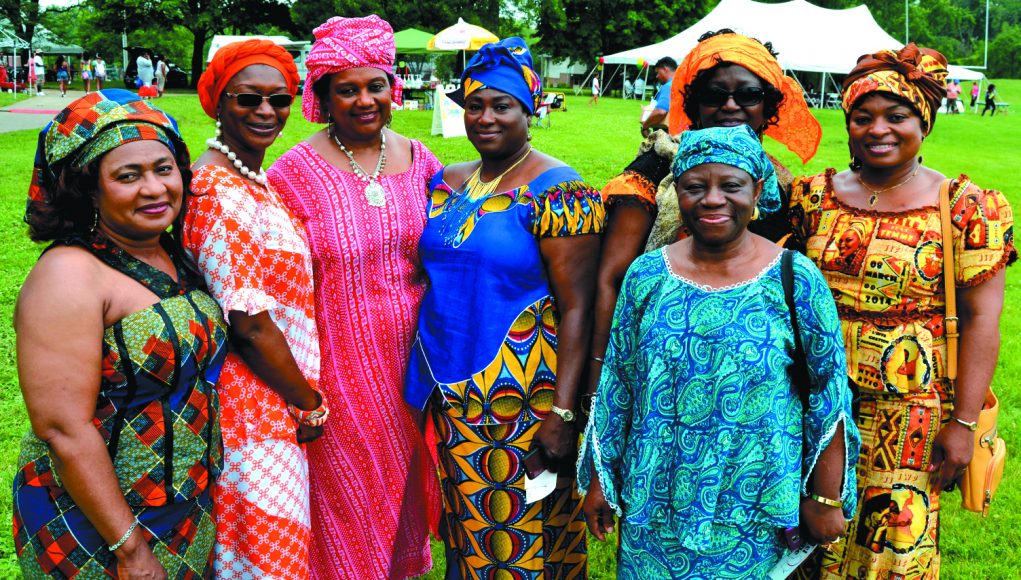On June 19, 1865, Union General Gordon Granger arrived in Galveston, Texas. He carried with him a grossly overdue message for the 250,000 enslaved Black people of the Lone Star State:

“The people of Texas are informed that, in accordance with a proclamation from the Executive of the United States, all slaves are free. This involves an absolute equality of personal rights and rights of property between former masters and slaves, and the connection heretofore existing between them becomes that between employer and hired labor. The freedmen are advised to remain quietly at their present homes and work for wages. They are informed that they will not be allowed to collect at military posts and that they will not be supported in idleness either there or elsewhere.”
That message was a full 901 days after the Emancipation Proclamation liberated enslaved Blacks in the confederate south. Granger made sure to remind the newly freed lot to temper their joy, keep their eyes to the ground and their hands and knees in the soil. Do not disrupt the “natural order” of things. The United States military will not support or defend your freedom.

Tomorrow, Madison will celebrate the 151st Anniversary of Juneteenth. In community with Black people all over the country, we will dance, sing, and rejoice for our own independence day. However, in the political climate of Madison, as well as our nation, the irony of Juneteenth is particularly pronounced.
A day signifying Black freedom in a nation rife with state-sanctioned control of Black bodies in our jails and prisons.
Juneteenth in a city where nearly 50 percent of people behind bars are Black.
A nation celebrating Juneteenth that has more Black men incarcerated today than were enslaved in 1850.
Juneteenth in a nation where Black people still question if those sworn to protect us have the will to do so. In a city where the police chief belittles the suffering of marginalized people by characterizing activists who try to right the course as, “perpetually offended.”
Black liberation indeed.

Today, it seems more commonplace for us to convene in spaces for mourning than in celebration. The struggle of our people is real. It’s omnipresent. It’s heavy. We’ve been fired in the crucible that is this nation for centuries; and through that process we continue to emerge.
Fiercely.
At Juneteenth tomorrow at Penn Park on Madison’s south side, I fully intend to revel in all of my carefree Blackness. I will channel Oshun in my yellow dress, let down my kinked tresses, drench my brown skin in sun rays, and lock arms with my community as we continue to do what Black folks have done for nearly 400 years on this soil: resist, survive and overcome.










